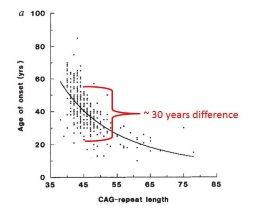HD PATIENTS & FAMILIES
Researchers, clinicians, and HD families work together within the EHDN to fulfil our mission, and anyone who has an interest in HD may become an EHDN member. You can also find out more about HD, clinical sites and research participation opportunities near you, as well as ways to get in touch with further resources for you and your family.
HD CLINICIANS & RESEARCHERS
The EHDN advances research by providing access to large longitudinal clinical datasets and biosamples from the Enroll-HD and REGISTRY studies as well as through the working groups, fellowship exchange programmes, seed funds, grant manager support, scientific input and operational support for clinical trials, development of clinical assessment tools and guidelines for best practice in HD care, and arranging biennial scientific plenary meetings.
CLINICAL TRIAL SPONSORS
The EHDN is keen to work with sponsors of HD clinical trials – from the pharmaceutical industry or academia – to help facilitate the conduct of their clinical trials. We offer a range of services to expedite clinical trial set-up and recruitment as well as provide scientific input via endorsement of protocols, feasibility assessment, operational support, recruitment support and clinical rater training.
Research Projects
The EHDN supports HD research and clinical development at all stages, from basic and applied science through to the development of new treatment strategies, clinical assessment tools, and best clinical practice guidelines, to site feasibility assessment, site selection and patient recruitment for clinical trials.
See all research
Identification of genetic variants associated with Huntington’s disease progression: a genome-wide association study
Understanding HD
Huntington’s disease (HD) is a rare inherited degenerative disorder of the brain that is caused by a mutation in a single gene; each child of an HD-affected parent has a 50% risk of inheriting the mutated gene and eventually developing the disease.
Symptoms include motor, behavioural and cognitive disturbances, which usually appear in mid-adult life.
Improving Care
There are therapies that can alleviate some of the HD-related symptoms and thereby improve quality of life of HD patients and their families. Working groups within the EHDN have developed guidelines for best clinical practice in HD, and the Care Improvement Committee that is part of Enroll-HD is looking at HD clinical practice around the world.










